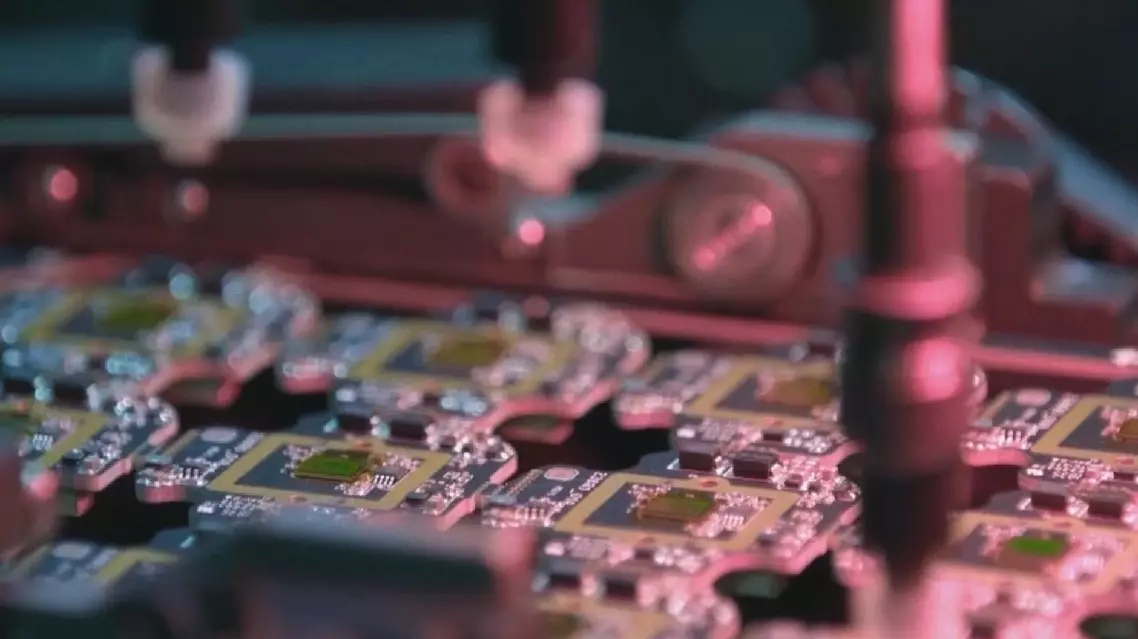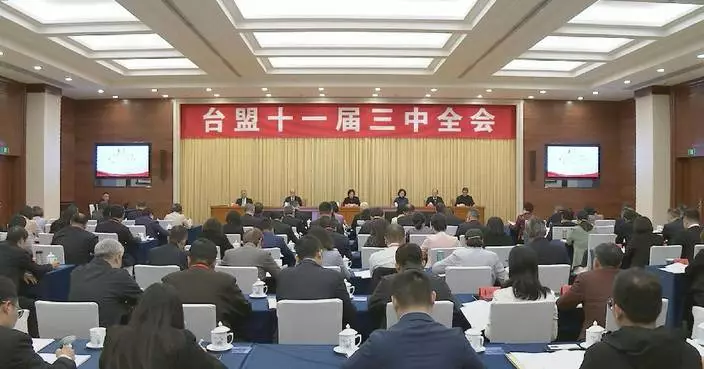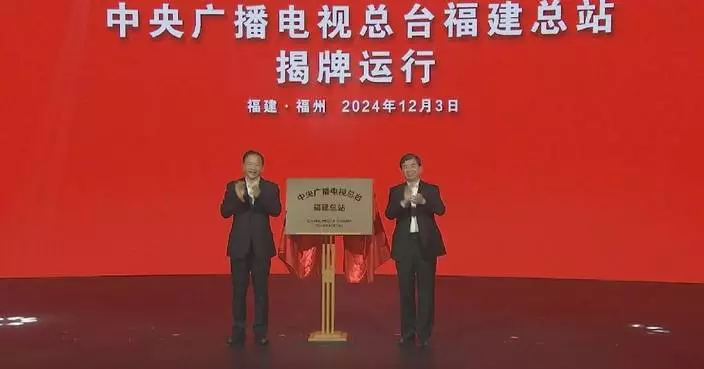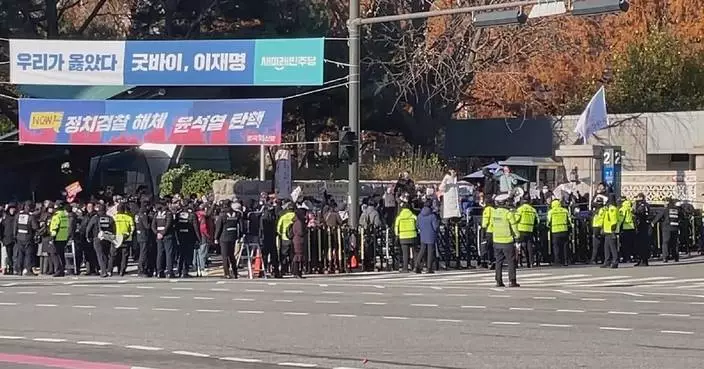Israel and Hezbollah accused each other of violating a ceasefire deal, with Israel continuing its military operations in southern Lebanon and the armed group claiming to have attacked Israeli forces Monday.
The Israeli army claimed to have targeted Hezbollah infrastructure, military vehicles, and personnel over the past two days.
Lebanon's official National News Agency (NNA) reported that one Lebanese security personnel was killed in the Israeli attacks on Monday.
Hezbollah said it attacked Israeli military targets on Monday, characterizing them as a response to repeated Israeli ceasefire breaches and a warning.
The Israel Defense Forces confirmed that two mortars were fired at an Israeli base near the border, causing no casualties.
Israeli Prime Minister Benjamin Netanyahu on Monday accused Hezbollah of violating the ceasefire agreement and vowed a "forceful response" after the group launched the two mortars earlier in the day.
In a statement, Netanyahu said the mortars constituted "a serious violation" of the ceasefire, which has been in effect since Nov. 27, and that "Israel will respond to it forcefully."
"We are determined to continue enforcing the ceasefire and respond to any violation by Hezbollah -- whether minor or severe," Netanyahu said.
In a post on social media platform X, Israeli Defense Minister Israel Katz also warned that the fire "will be met with a harsh response."
The ceasefire was intended to halt nearly 14 months of fighting between Israel and Hezbollah, but Israel has carried out more than 50 violations of the truce, according to the Lebanese government, raising concerns about the durability of the agreement.
Israel admitted carrying out strikes and other attacks in Lebanon in recent days but maintained they targeted Hezbollah militants who were violating the agreement.

Israel-Hezbollah ceasefire in jeopardy as military clashes continue
Chinese industrial associations have voiced strong opposition to the United States' latest control measures on semiconductor export and urged domestic firms to exercise caution when purchasing U.S. chips.
The U.S. government on Monday announced a new round of export restrictions on China, adding more than 140 Chinese companies to the trade restriction list, involving multiple types of semiconductor products including semiconductor manufacturing equipment and electronic design automation tools.
The Internet Society of China (ISC), the China Semiconductor Industry Association (CSIA), and the China Association of Automobile Manufacturers (CAAM) on Tuesday released statements respectively, saying that the U.S. has once again undermined the long-standing consensus on fairness, rationality and non-discrimination reached by relevant global industries and the WTO's purpose of fair trade, and cautioned Chinese companies against buying U.S. chips.
The ISC stated that the U.S. generalization of the concept of national security and its abuse of export control measures to impose unwarranted blockades and suppression on China have shaken the industry's trust and confidence in U.S. chip products.
The ISC also called on domestic companies to take proactive countermeasures, make careful decision when purchasing U.S. chips, seek to expand cooperation with chip companies in other countries and regions, and actively use chips manufactured by domestic and foreign companies in China.
The CSIA said the U.S. arbitrary control measures against China have caused disruptions in the supply chain and increased operating costs for American companies, affecting the stable supply of U.S. chips and making them no longer secure and reliable, and related Chinese industries have to exercise caution when procuring chips from the U.S.
The CAAM shared the concerns of the ISC and the CSIA, saying that the U.S. government arbitrarily modified regulatory rules, which has seriously affected the stable supply of U.S. chip products and is shaking the trust and confidence of the Chinese automotive industry in procuring chip products from American companies.
The CAAM said it welcomes global chip companies to strengthen collaboration with Chinese automotive and chip enterprises in various aspects, invest in China, engage in joint research and development, and share development opportunities.

Chinese associations caution against buying US chips over semiconductor export control










